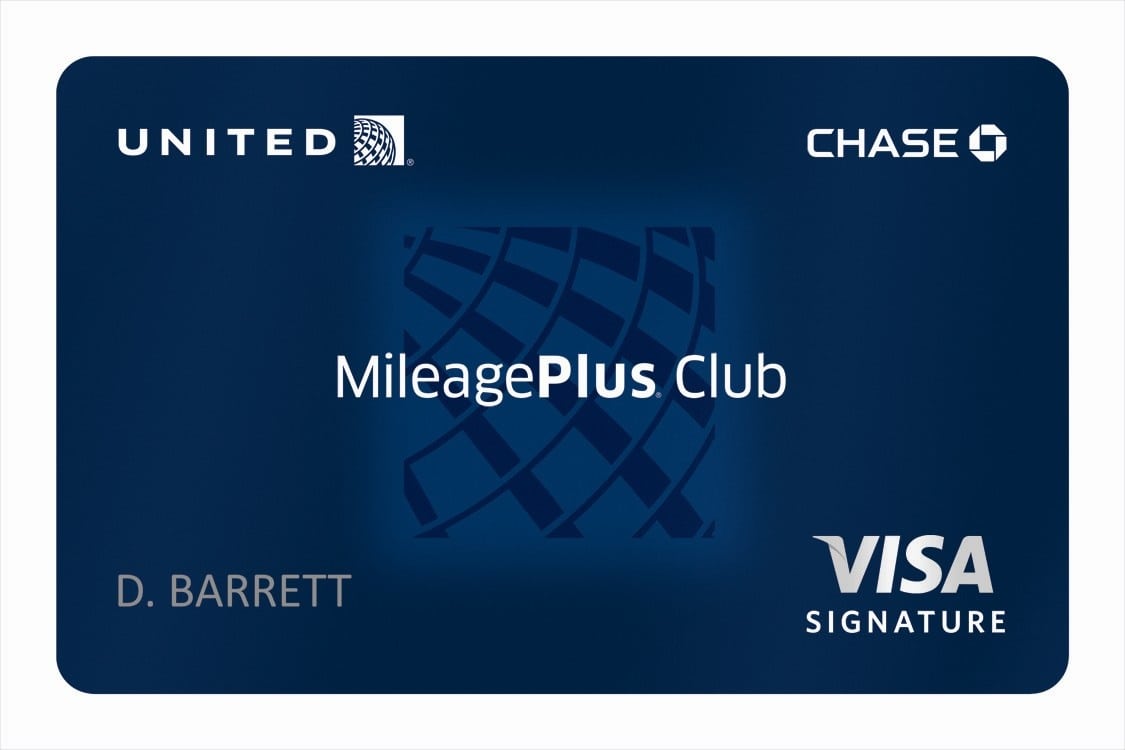Skift Take
On short-haul flights, airlines have just about levied all the fees they can. But fees are just starting to creep in on long-haul flights. Expect that trend to continue in the next few years.
United Airlines remains the world’s leader in making money unrelated to ticket sales, having nearly quadrupled its ancillary revenues since 2008, according to a new study released this week by IdeaWorksCompany.
United earned $6.2 billion last year in non-ticket revenue, about $1.5 billion more than American Airlines, almost $2.5 billion more than Delta Air Lines and roughly $4 billion more than Southwest Airlines. Air France/KLM, fourth on the list, behind Delta, was the only non-U.S. airline in the top five, reporting nearly $2.2 billion in ancillary revenues.
The CEOs of Etihad, Expedia, Routehappy, and More Are Speaking at Skift Global Forum 2016. Join Us.
The study, called the CarTrawler Ancillary Revenue Yearbook, reviewed data from 67 airlines that make their ancillary revenue data public. Ancillary revenues not only include money generated from bag, seat and meal fees, but also from frequent flier programs.
Top 10 Airlines for Ancillary Revenue
| 2015 Results | Airline | 2008 Results | Airline |
|---|---|---|---|
| $6.2 B | United | $2.2 B | American |
| $4.7 B | American | $1.6 B | United |
| $3.8 B | Delta | $1.5 B | Delta |
| $2.2 B | Air France/KLM | $835 M | Ryanair |
| $2.1 B | Southwest | $611 M | Qantas |
| $1.7 B | Ryanair | $528 M | easyJet |
| $1.5 B | Lufthansa Group | $350 M | JetBlue |
| $1.5 B | easyJet | $276 M | Emirates |
| $1.2 B | Qantas Airways | $246 M | TAM Airlines |
| $1 B | Alaska Air Group | $245 M | Alaska Airlines |
Most discount airlines are far smaller than global carriers like United, American, and Air France/KLM, so they report less revenue, in absolute dollars, from ancillary revenues. But on a per passenger basis, three ultra low cost carriers outperform United, IdeaWorks found.
On a per passenger basis, Spirit Airlines was the world’s top performing airline, earning $51.80 in extra revenue last year from each passenger. The UK’s Jet2.com, which generally flies shorter routes within Europe, was second, reporting $50.84 per passenger. Allegiant Air, another U.S. discounter, was third, generating $49.94 per passenger in extra revenue. United ($44.16) was fourth, while Qantas ($42.70) was fifth.
While discounters generally are more aggressive in charging for seat assignments, baggage and food, major global airlines with vibrant frequent fliers programs have a major edge when it comes to ancillary revenues, the IdeaWorks study shows.
According to the study, nearly half of United’s ancillary revenues came from its frequent flier program, MileagePlus. Like many carriers, United’s co-branded credit card — it has an agreement with Chase Bank — is highly lucrative. Other especially profitable frequent flier programs, the study said, include ones offered by Delta, Qantas and British Airways.
Though most airlines flying short-haul routes already have defined fee structures and may not be able to markedly grow revenues from bag and seat sales in the near future, the study predicted more carriers will adopt more fees on long-haul routes.
Historically, airlines have offered more free perks to long-haul passengers, but IdeaWorks suggests this is changing quickly. Once airlines adopt more fees on international routes, they should be able to further improve ancillary revenues, the study suggested. The author notes passengers are happily paying extra fees on Norwegian Air tickets between the U.S. and Europe, after buying bargain base fares.
“Some may mourn the passing of simpler times when a long haul ticket price included the promise of a checked bag, seat assignment, and an oftentimes inedible meal,” the study said. “But consumer behavior supports the popularity of seat-only tickets that deliver a lower price.”
The Daily Newsletter
Our daily coverage of the global travel industry. Written by editors and analysts from across Skift’s brands.
Have a confidential tip for Skift? Get in touch
Tags: airline fees, ancillary revenue, united airlines
Photo credit: United's MileagePlus program is extremely lucrative for the carrier, in part because of airline's co-branded credit card with Chase Bank. United Airlines
